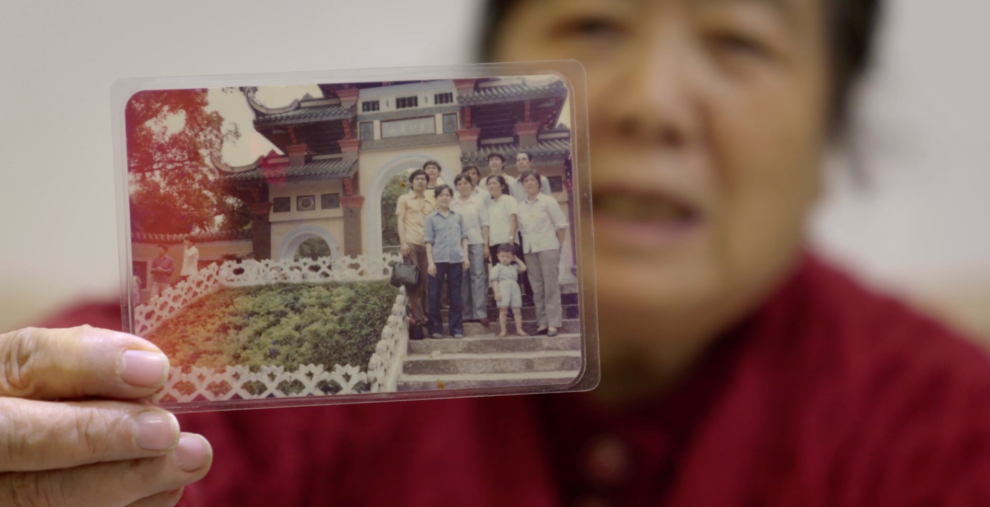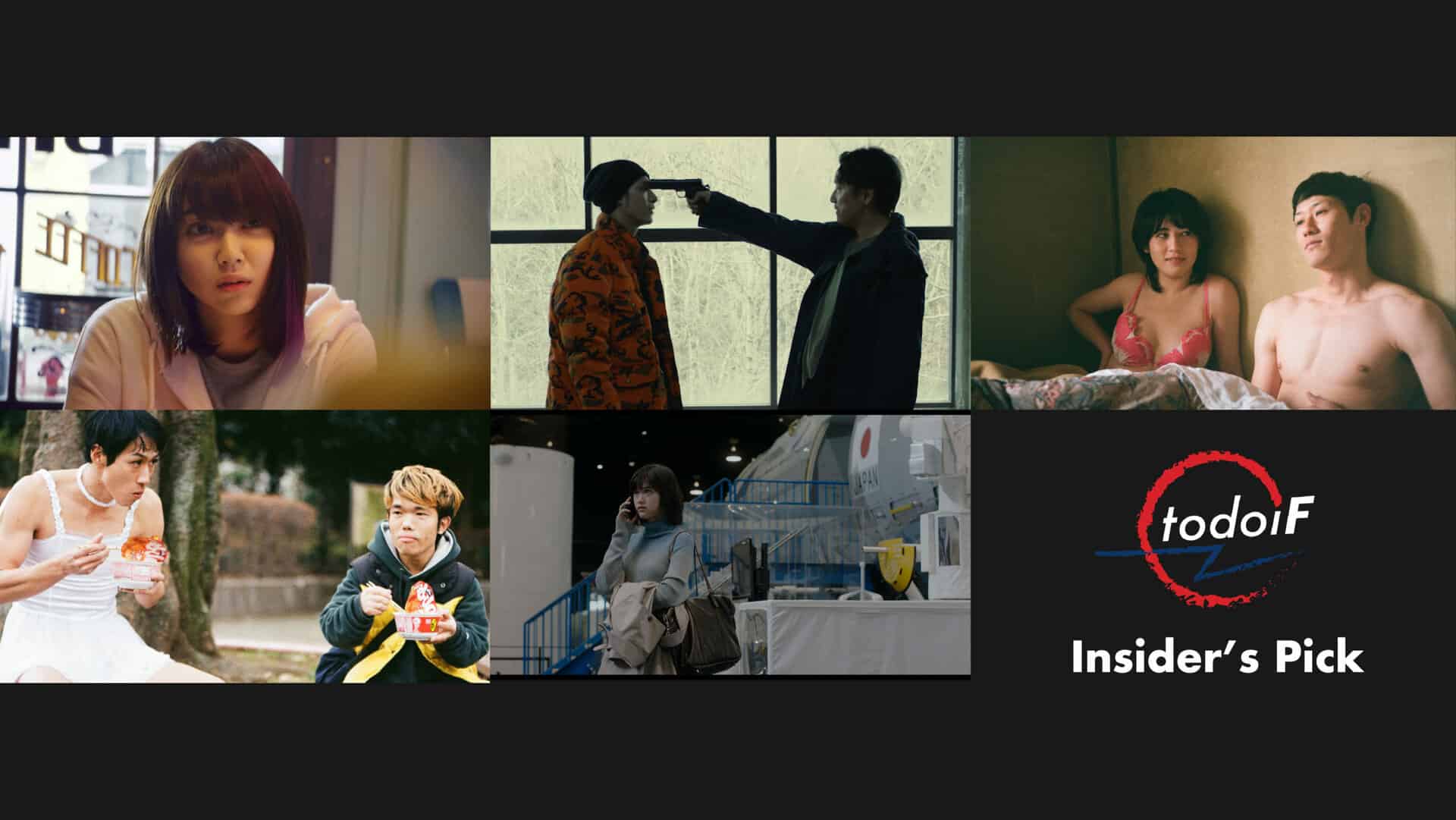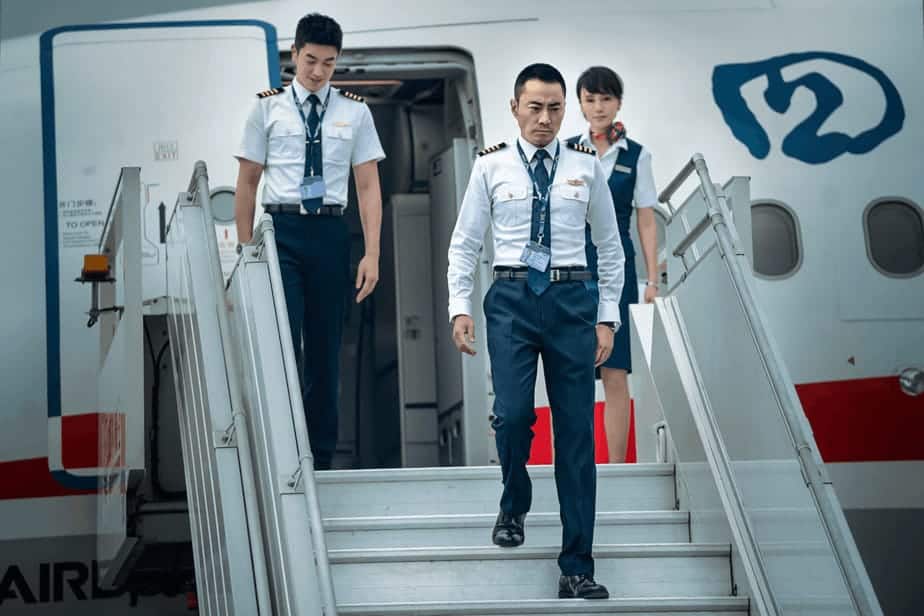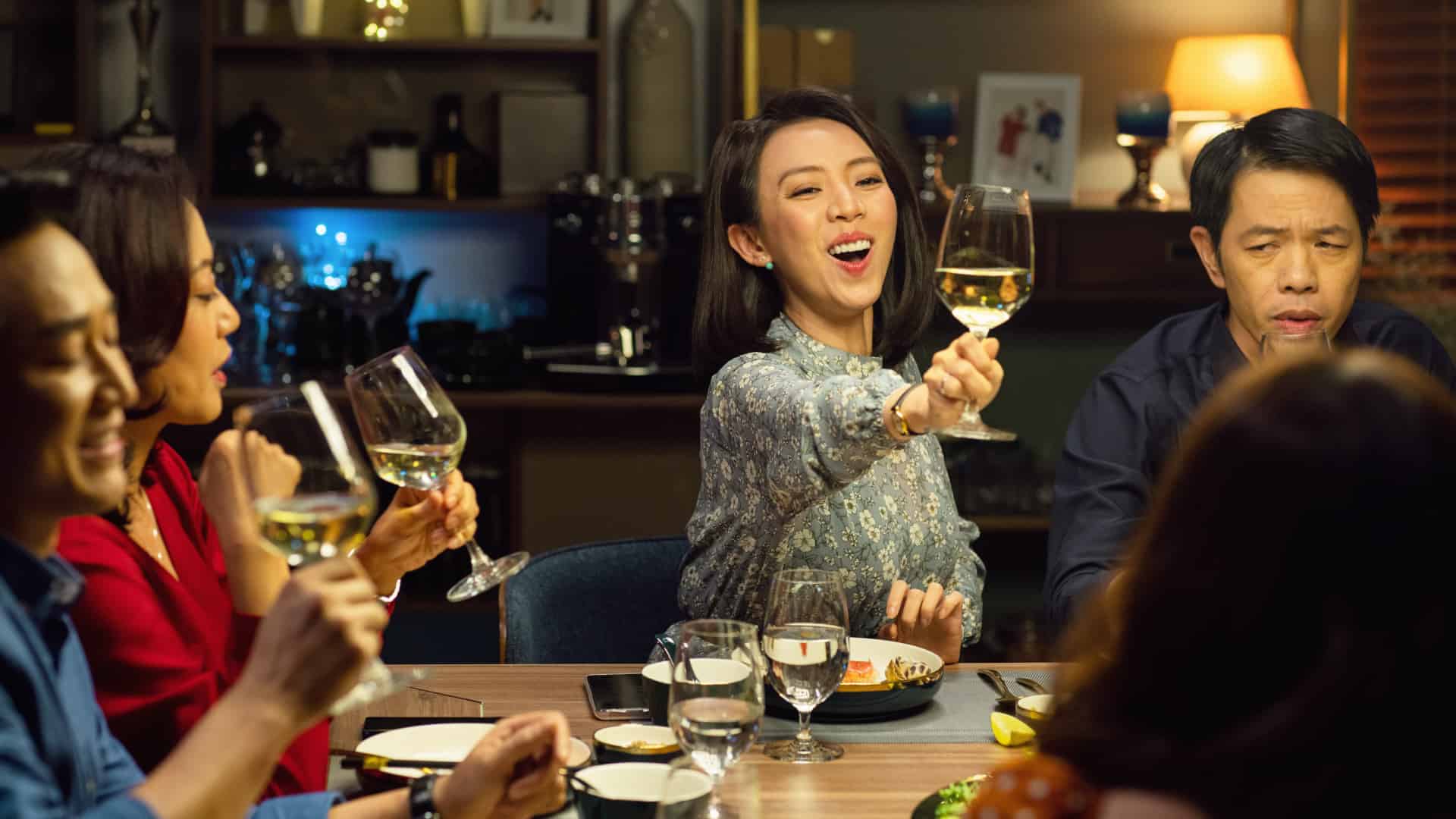What does it feel like to be the only child in your family? What does it feel like if you are only allowed to have one child in your lifetime? What does it feel like if you were to lose your only child? Directed and edited by Zheyu Liang, “One and Only”, a feature documentary, is an intimate exploration of the unintended consequences of China's One Child Policy (late 1970s – 2016).
Grounded in cinema verité, the film takes a personal and nuanced look at three one-child families that are each navigating their mother-son relationships and building towards an uncertain tomorrow for everyone involved. This immersive and observational film interweaves three only-child families' stories. They vary by age and stage of life, but by paralleling, contrasting and juxtaposing them, we see the issues they all hold in common – when a family is only allowed to have one child or when you are the only child, what does that really mean? How does that affect your life and family dynamic?
What if you were to lose your only child? When we zoom out, three unique stories blend into a single-family story of how the One Child Policy has impacted people for a lifetime. At the same time, the kinds of freedom, loneliness, the expectations and responsibilities that all people in the film experience also stitches three stories together. And three families' stories serve as a microcosm that demonstrates the life experiences and struggles of millions of other only-child families.
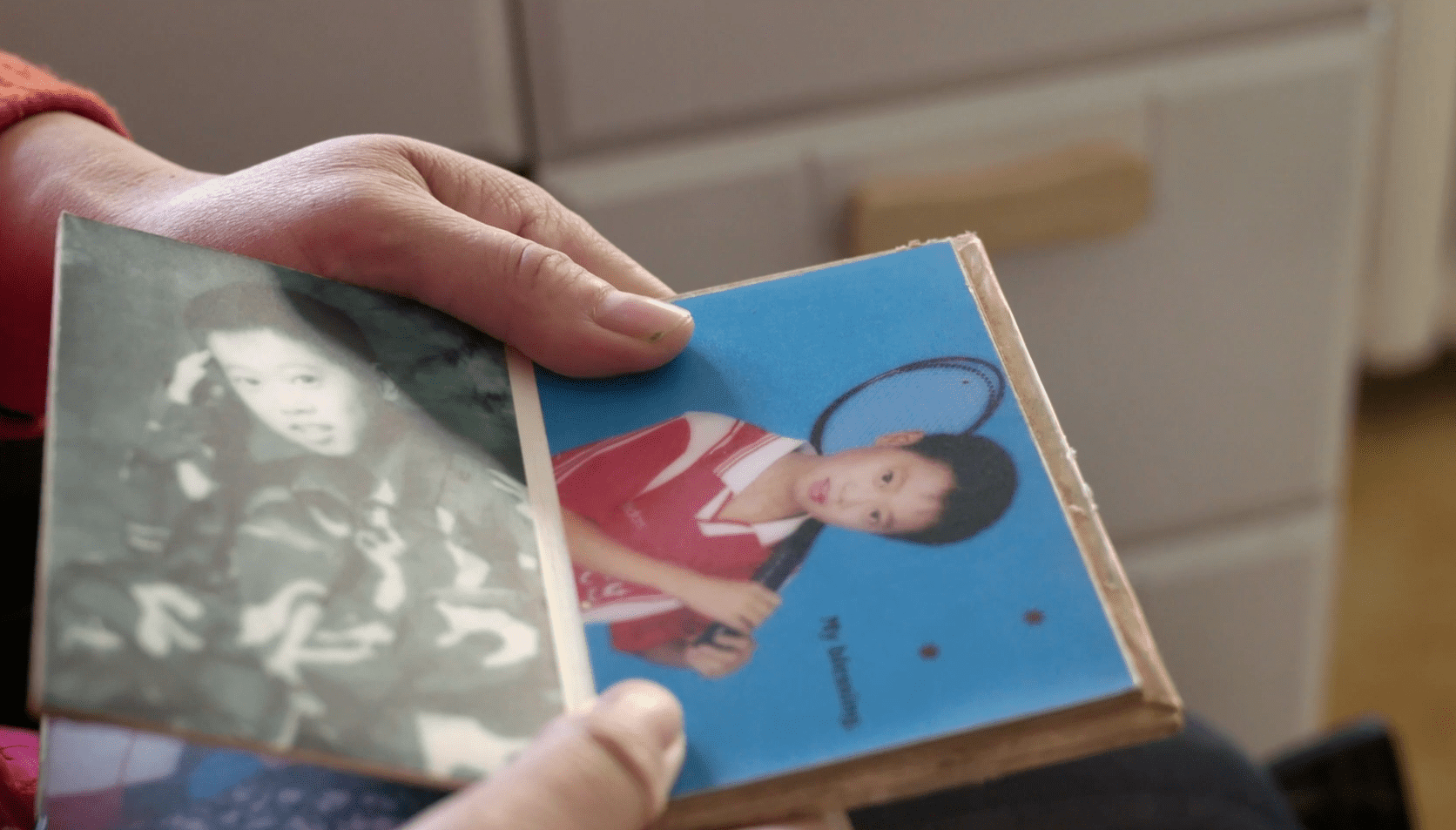
In the late 1970s, in order to curb growing population and to ease environmental an natural resource challenges and imbalances caused by rapidly expanding population, China implemented the One Child Policy to limit families to one child each. Over thirty-five years, the One Child Policy touched the lives of millions of people and it has undeniably resulted in many unforeseen problems, like decreased fertility and birth rate, increased sex-selective abortions, gender imbalances, and an aging population. It has increased pressure on the only-child, created a care burden for both the child and aging parents, and devastated and destabilized families who tragically lost their only child. However, these issues have largely been hidden in plain sight.
This film is inspired by director and editor Zheyu's personal experience as she too was born and lives under the consequences of the One Child Policy. The unique journey that has shaped her personal experience offers an inside and authentic Chinese/Asian storytelling perspective that fosters further understanding of the differences and unique challenges.
During the production stage, Zheyu commuted between the U.S and China to film these three families for over three years in order to observe and document the change and growth of each family. Due to the pandemic, the production had to be put on hold for quite a while. To keep a close connection with these families, Zheyu called them and checked in on how they were doing regularly.They were also very happy to share their stories and later Zheyu and these families also became friends. This intimate film could not have done without the strong relationship and trust building between Zheyu and her subjects.
“One and Only” is now in the intense post-production stage and is coming out soon. Stay tuned!


